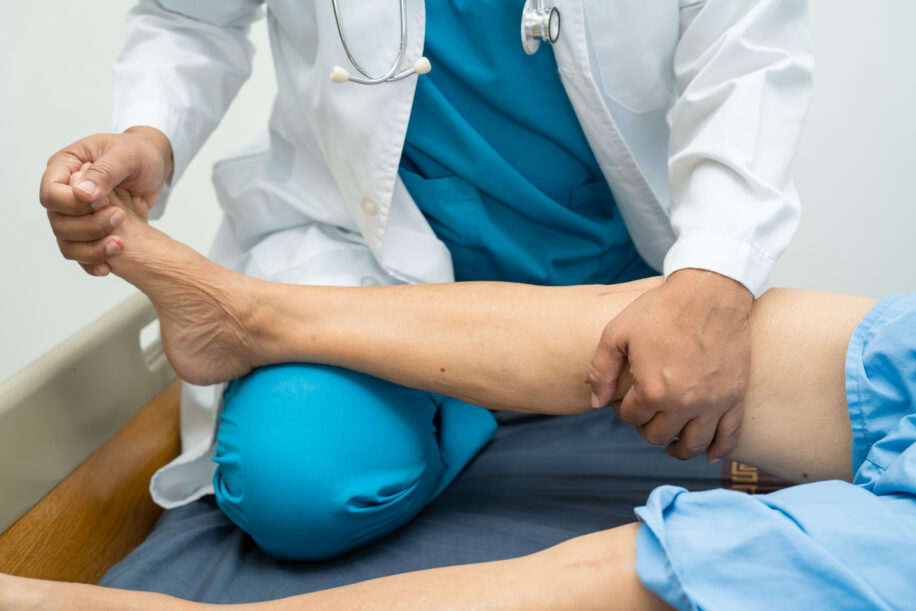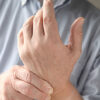Researchers, from Radboud University Nijmegen Medical Center in the Netherlands, discovered 25% of patients taking statins had unpleasant side effects in the form of statin-induced muscle weakness, pain and cramps, without any sign of damage to the tissue. Research suggests that muscle weakness and related side effects that can arise from statin use is likely due to the drug’s effect on the energy production centers, or mitochondria, of muscle cells. Via Medical News Today. Posted September 2, 2015.
–Alanna McCatty






